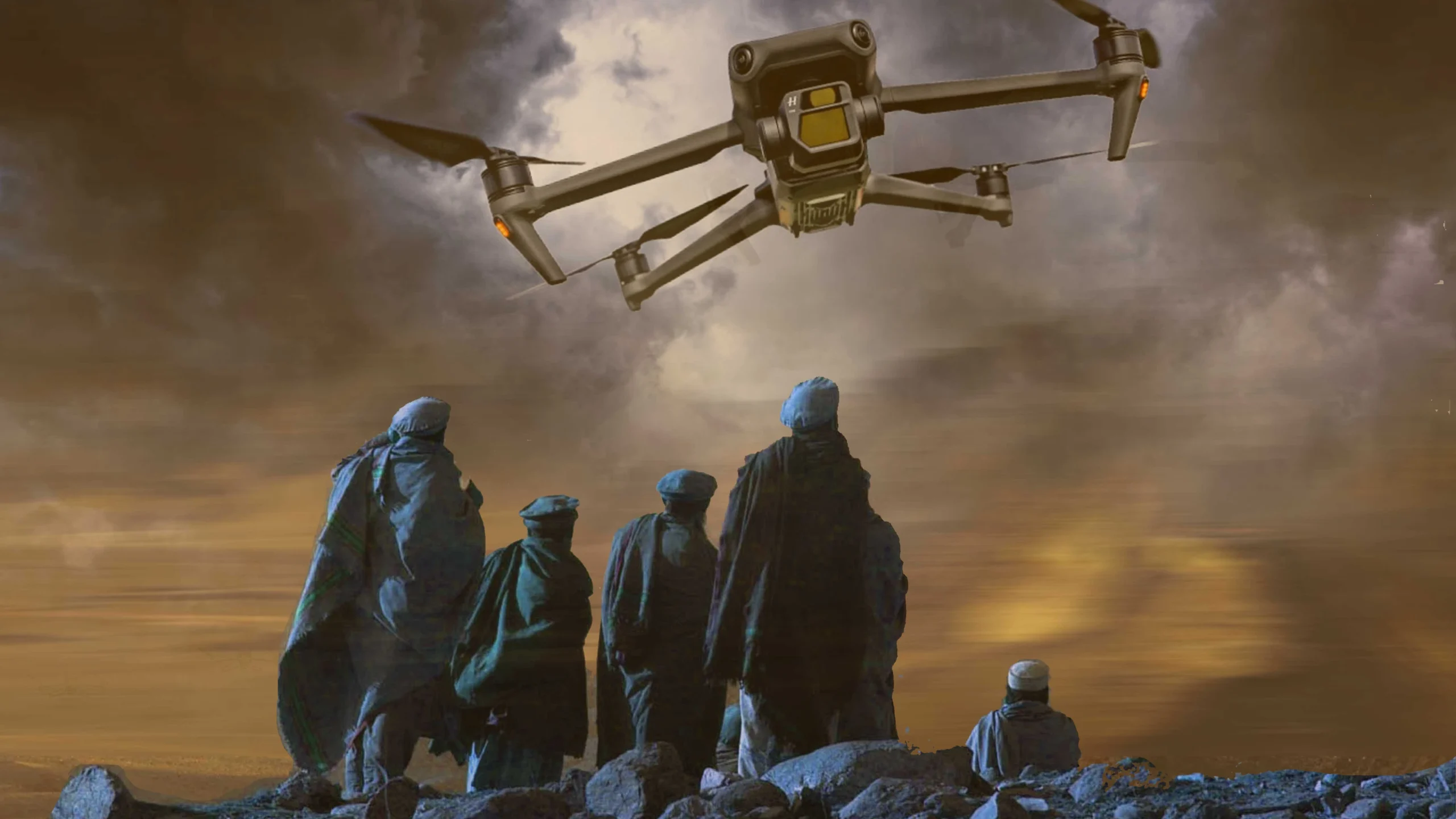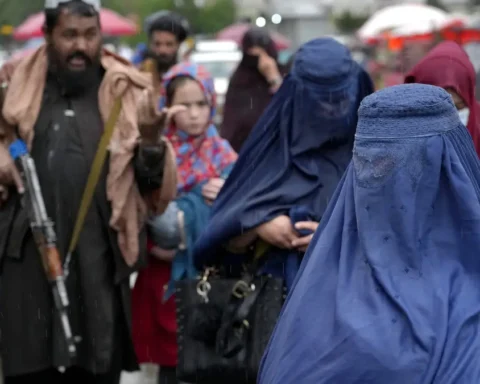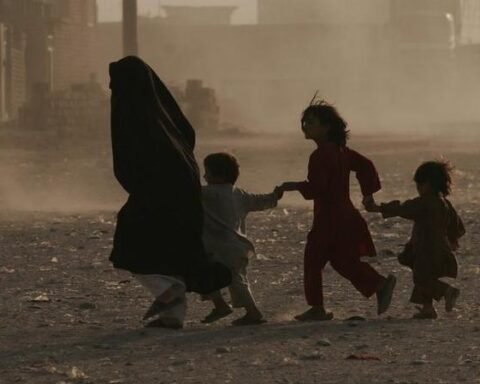Amnesty International recently released a statement accusing Pakistan of carrying out drone strikes in Khyber Pakhtunkhwa that allegedly endanger civilian lives. This claim is not only factually incorrect but also reflects a serious misunderstanding of the situation on the ground. The suggestion that the Pakistani state is responsible for such attacks misrepresents reality and risks fuelling misinformation that plays into the hands of those trying to destabilize the region.
Pakistan has been engaged in one of the world’s most difficult and costly battles against terrorism. Over the years, thousands of civilians and members of the security forces have lost their lives in efforts to protect the country and restore peace. In this struggle, Pakistan has remained committed to ensuring that all counterterrorism operations are conducted with care, precision and a strong focus on avoiding civilian harm. These operations are based on intelligence and are designed to neutralize specific threats posed by militant groups who continue to target both civilians and state institutions.
The claim made by Amnesty International fails to distinguish between military drones and the small commercial quadcopters that have increasingly been used by terrorist groups operating in the border regions. These quadcopters are not employed by the Pakistani military. They are used by non-state actors such as the Khawarij militants who have weaponized commercially available technology to conduct targeted attacks. This is an important distinction that has been overlooked. The attacks being referred to are not actions of the state but tactics of the very extremists that Pakistan is trying to eliminate.
The source of these technologies also demands attention. These armed quadcopters are being obtained from the black market, mostly through networks operating in Afghanistan. The lack of proper regulation and control in that region has allowed militant groups to acquire and transport advanced tools across the border. These tools are then used to carry out attacks within Pakistan. Any serious examination of the security situation must take this reality into account. Failing to do so presents a distorted view that unfairly targets the Pakistani government and its security institutions.
It is also unfortunate that Amnesty International released its statement without consulting Pakistani authorities or verifying the facts with the institutions responsible for national security. Pakistan has always remained open to engaging with international organizations and has regularly communicated its position on such matters. Had Amnesty sought official clarification, it would have learned that Pakistan does not carry out drone operations in civilian areas and that protecting its citizens is the highest priority for both the government and the military.
Pakistan’s security forces have consistently acted with professionalism and restraint in extremely difficult environments. Their efforts are not just limited to targeting terrorists but also include supporting the safe return of displaced families, rebuilding affected areas and restoring normal life in conflict-hit regions. Accusing these very forces of harming civilians is not only inaccurate but also deeply unfair to those who have sacrificed so much in the fight for peace and stability.
At the same time, Pakistan fully recognizes that any civilian harm is tragic and must be avoided at all costs. That is why all military and security operations are carefully planned and executed with strong safeguards in place. The objective is not only to eliminate threats but to do so in a way that upholds human dignity and protects the lives of innocent people.
Statements that are based on incomplete or incorrect information can cause real damage. They shape global opinion, create mistrust and sometimes even support the narratives of those who rely on confusion to advance their violent agendas. When international organizations speak on sensitive issues, they have a responsibility to do so with balance, accuracy and an understanding of the complex challenges involved.
Pakistan continues to face these challenges with resilience and commitment. The country remains firm in its goal to defeat terrorism while upholding the rights and safety of its people. Rather than targeting Pakistan with one-sided statements, it would be more constructive for international bodies to work together with local institutions, seek full context and contribute meaningfully to the shared goal of peace and stability.
The real story here is not one of state aggression but one of a nation that continues to stand against a rising tide of militancy, often at great cost. Understanding this truth is essential for any honest and credible discussion about human rights and regional security.







